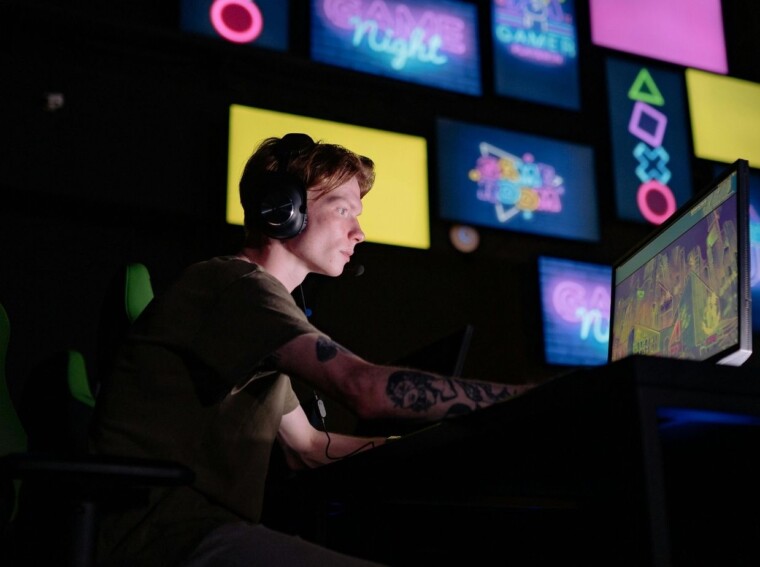Deprofessionalization is a big word. It’s something talked about in labor circles, referring to the spread of expertise among the population. Oxford Reference explains it using the example of public fitness clubs overtaking sports scientists as the wielders of knowledge. Put another way, when specialist information becomes accessible to everybody, specialists themselves lose some of their necessity.
Gaming seems to have found a new problem in deprofessionalization, one that hangs from the lowest rung in the industry – indie developers.
Drag-and-drop Developers
An abundance of titles and devs is a boon for players but something of a curse for developers. Not only can anybody make games, using off-the-shelf engines like Unity and Godot, but there’s more than one definition of what gaming actually is.
The concept of a developer isn’t confined to FPS and RPG titles. Mobile apps, casino slots, and even YouTube Playables provide entertainment via smartphones and computers. Unfortunately, not all of these offer well-curated libraries. Mobile gaming, in particular, is famed for its “shovelware”: low-quality content that barely passes Apple and Google’s quality control.
Across the gaming gulf, the casino website Jackpot City curates its titles from select studios, featuring Microgaming, Pragmatic Play, and Evolution among its jackpot slots. Many games wear Hollywood branding just like traditional video games, e.g., Jurassic Park, The Goonies, and Ted. Deprofessionalisation is less likely in this ecosystem as it’s harder for individuals to get their titles published.
The “drag-and-drop” developers and those with no money or power behind them make up a huge proportion of PC games. A 2024 report from Video Game Insights claims that indie titles represented 99% of all the games released on Steam that year. The sheer volume of indie games put to market means that indie and “AA & AAA” devs actually shared the profits right down the middle – 48% total revenue to the big studios’ 52%.
Decentralized, Disconnected
So, why is that a problem? As hinted at earlier, deprofessionalization means that specialists don’t get paid. The Game Developer website claims that the “outsized” success of solo devs is pushing “career professionals” out of the industry.

The author cited marketing chief Ryan K. Rigney, but pointed to their own experience of major developers (“proper businesses”) skipping the PAX gaming festival. The piece’s tone is a little mean, even jealous. Yet, there’s a serious point to be made.
Deprofessionalization devalues both games and labour, creating a decentralised, disconnected industry. Notably, marketers and writers – creative workers – have borne the brunt of recent industry cuts, suggesting that studios don’t like to keep experts around for longer than they have to.

There’s a silver lining for AAA studios – the indie game can’t stand alone. Except for rare hits like Balatro and Concerned Ape’s Stardew Valley, it took the might of thousands of individual games to oppose publishers on Steam. A quick bit of math suggests just 130 big-budget titles fought off 12,877 indie games in 2024.
Deprofessionalization is a huge topic that gets complicated quickly. It’s the kind of conversation that rattles Marx’s bones, involving any industry that employs people. Gaming is alone in just how valuable the unskilled fruit is to consumers, however.
